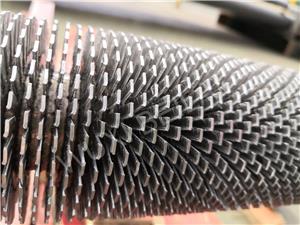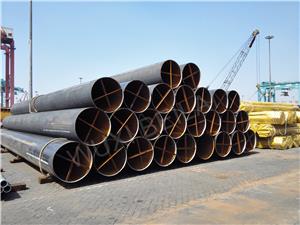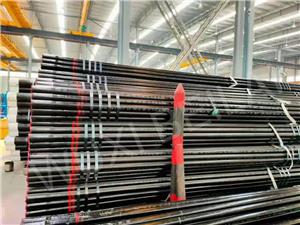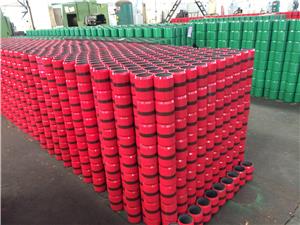Boiler tube failure prevention
With the continuous development of industrial production and the growth of energy demand, boiler tubes, as the core equipment, undertake important tasks. However, due to the special nature of its operating environment, boiler tubes may face various failures during use. These faults not only affect the normal operation of the device but may also cause security and environmental risks. In order to ensure the stability and safety of production, it is particularly important to be familiar with these common types of boiler tube failures and to take preventive and treatment measures.
Here are some common types of boiler tube failures:
Corrosion and corrosive wear: Under the action of high temperature, high pressure, and corrosive media, boiler tubes are prone to internal and external wall corrosion, which can even lead to pipe wear and reduce their service life.
Scale and scale: Long-term poor water quality may lead to scale and scale deposition on the inner wall of the pipeline, affecting the heat transfer efficiency and even causing pipeline blockage.
Leakage and leakage: Due to pipeline corrosion, weld cracking, and other reasons, boiler tubes may leak or leak during operation.
Tube explosion and explosion: The high temperature and high pressure environment in the boiler tube, if not properly handled, may lead to a pipe explosion or explosion, resulting in serious accidents.
Deformation and deflection: at high temperatures, the boiler tube may be deformed, deflected, etc., resulting in uneven thermal expansion inside the pipeline and affecting normal operation.
Combustion problems: Combustion problems in boiler tubes can lead to incomplete combustion of fuel, resulting in harmful gas emissions and reduced thermal efficiency.
Pipeline vibration and vibration: Boiler tubes may be affected by fluid vibration or vibration during operation, leading to pipeline fatigue, cracks, and other problems.
Equipment aging and fatigue: Long-term high temperature and high pressure operations may lead to equipment aging and fatigue, increasing the risk of pipeline damage.
Self-corrosion and electrical corrosion: In some special cases, the boiler tube may be affected by self-corrosion or electrical corrosion, accelerating the corrosion process of the pipeline.
Operation error and human factors: boiler tube operation error, improper maintenance, and other human factors may also lead to failure.




